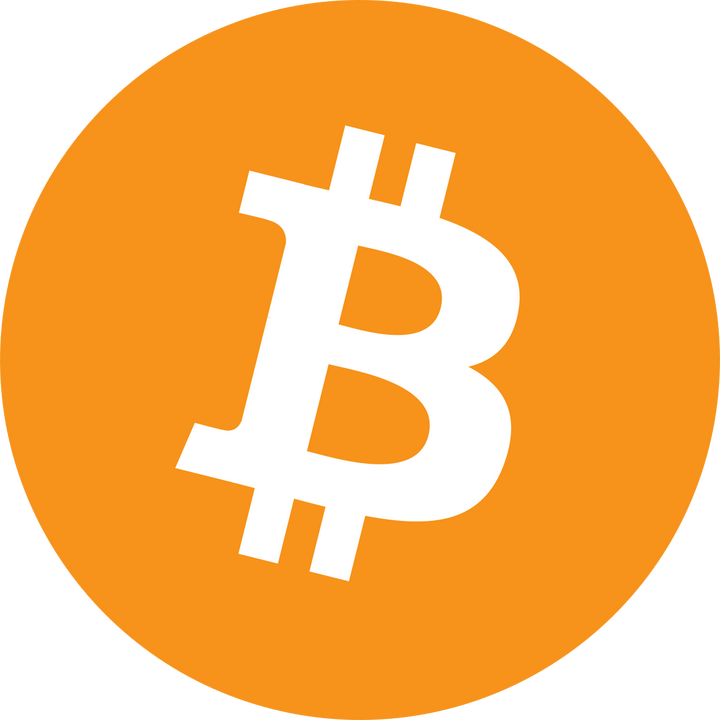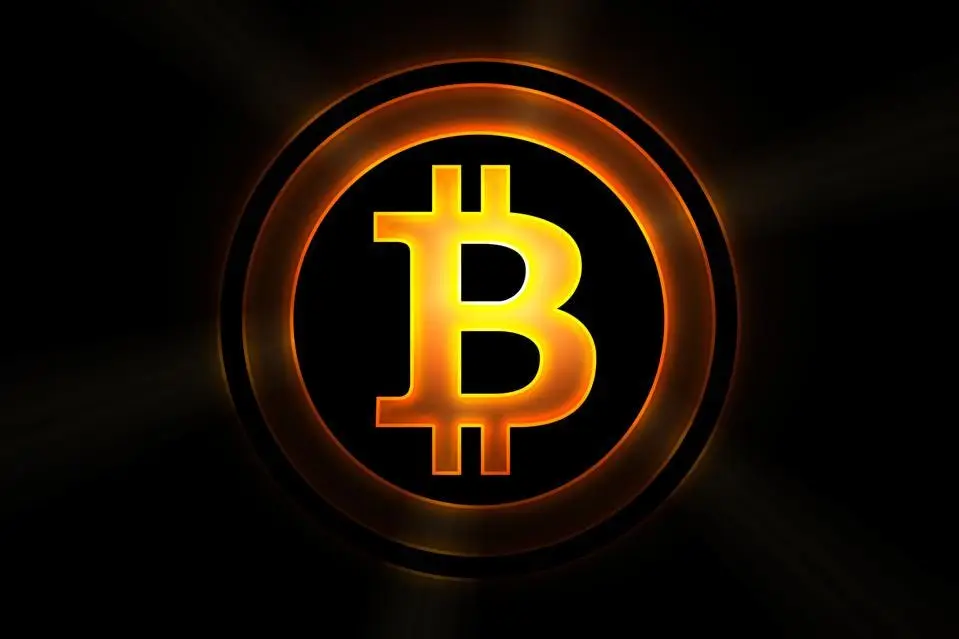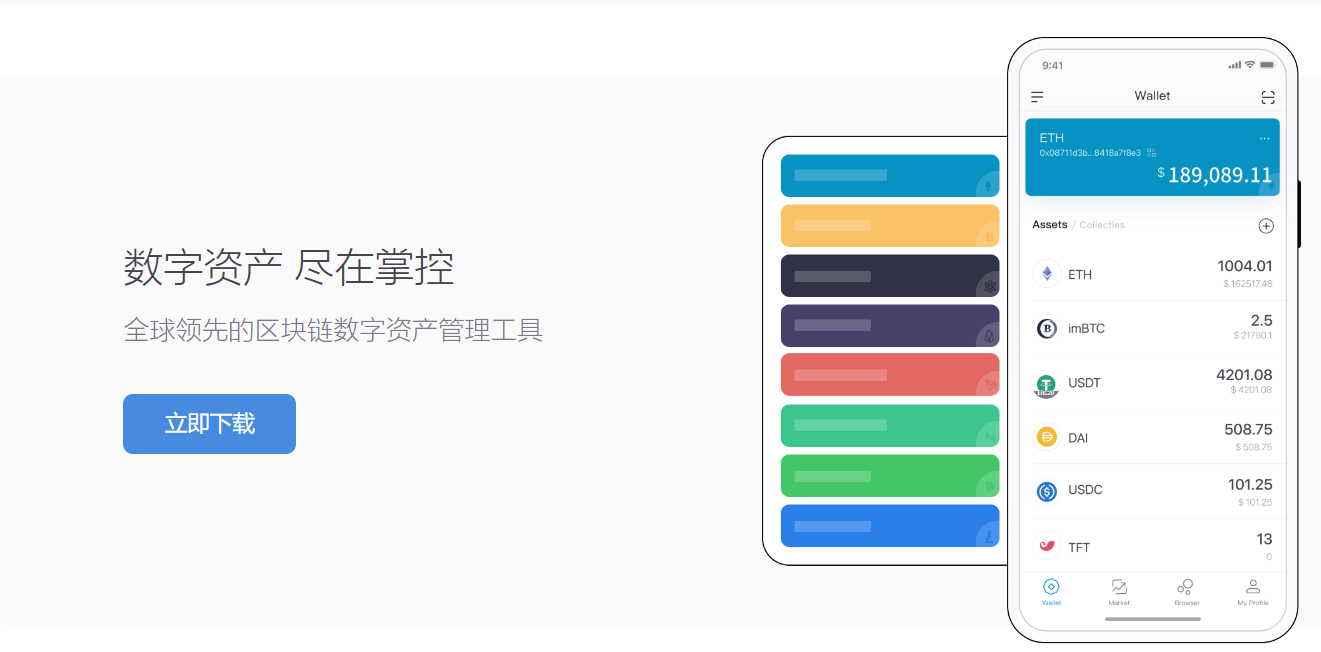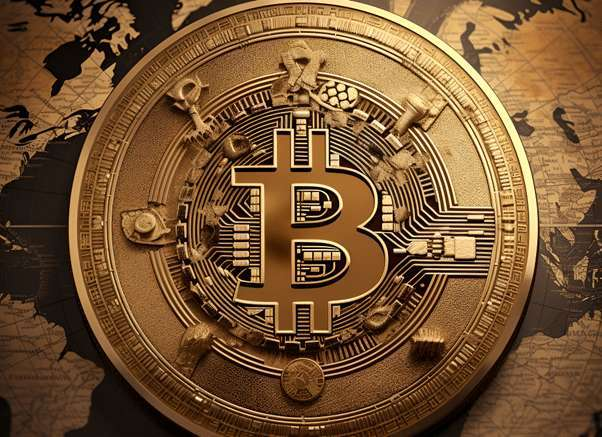Musk, Twitter and DAO
Twitter has extraordinary potential, and I’m going to unleash it.
Musk is perhaps the most controversial “richest man in the world”.
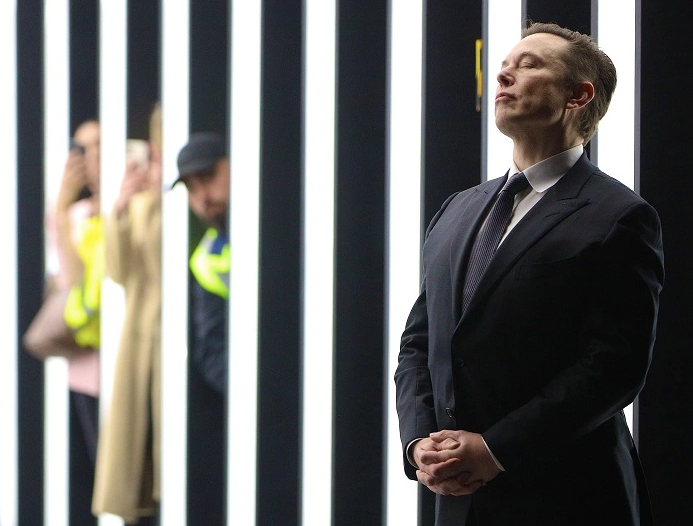
People have mixed feelings about him, from those who love him and think he’s a great guy for getting his feet wet with technology, to those who hate him and think he’s a loose talker with a crazy demeanor. In fact, Musk is more spontaneous and more of an “impulsive decision maker” than other billionaires who tend to take the long view - as soon as he sees a problem, he’ll figure out how to fix it.
Of course, Musk is not a “savior,” and his decisions are not always effective, so here are two short stories.
In 2018, Musk and SpaceX engineers built a mini-submarine and brought it to Thailand to help rescue the trapped teenage soccer players after an incident in Thailand in which they were trapped in a cave, but the device ultimately failed to work and the soccer players were rescued with the help of other rescuers, even one of whom called Musk’s move a “PR stunt. One of the rescuers even called Musk’s move a “PR stunt. Of course, Musk was quick to fight back, suing the defamers and winning the lawsuit.
In 2016, after Musk had had enough of the terrible traffic conditions in Los Angeles, he immediately started The Boring Company, a tunneling company that wanted to revolutionize the city’s traffic situation. While the idea sounded futuristic, the likelihood of the idea’s implementation was met with widespread skepticism from industry experts and civil engineers alike.
Undoubtedly, Musk never seems to stop his “tossing and turning”.
Last week, it was revealed that Musk already owns 9.2 percent of Twitter, but his real “ambition” is to buy the company in its entirety. In fact, Musk has always been critical of Twitter’s speech management system, so he is ready to turn the social media giant into a “privatized free speech platform” in his new role as “Twitter owner”. The news was met with high expectations, especially from the cryptocurrency industry, which has received a lot of support.
While Musk does have a stake in the cryptocurrency industry, will his acquisition of Twitter really lead to so-called “free speech”? Frankly, hardly.
So, will Musk end up being the person he hates if he buys Twitter? Let’s break it down.
Tweets at will
For the “crowd”, Musk has the most personality than any of the world’s richest men.
Whenever Musk makes an impulsive decision, he usually posts it on Twitter first. Earlier this month, Musk launched a survey on Twitter to see if the social media platform “strictly adheres” to free speech principles, and later noted that “the results of this poll are very important” and will influence some of his actions. The results of this poll are very important” and will affect some of his actions.
As expected, a week later, Musk announced that he had bought $3 billion in Twitter stock, making him the company’s largest shareholder. Then he followed up with news about Twitter’s 2021 earnings to prove he was serious about investing.
When Twitter CEO Parag Agrawal announced that Musk would join the company’s board, it was thought that Musk might take control of Twitter with the $3 billion investment. Surprisingly, however, Parag Agrawal then made another announcement: Musk may change his mind about joining the board.
Frankly, this statement from Parag Agrawal is rather cryptic, but we can get a glimpse of it. Parag Agrawal, a current board member, wrote this, “Trusting that once Musk is a trustee of the company, he will do his part, as will all board members, to serve the best interests of the company and all of our shareholders, will be the best path forward.”
By reading this cryptic statement, we get a sense of the implication that Musk has been informed of his duties, but he has decided to forego joining the board because he doesn’t want to fulfill those duties.
It seems that, as a billionaire, Musk seems to enjoy doing something out of the blue, but he also seems to just enjoy shouting it out publicly on the Internet. Here’s something else that’s ironic -
Musk has publicly tweeted about Dogecoin, which has led to a spectacular surge. The once-unknown meme coin is now a major token listed on the top exchanges, thanks to Musk’s Twitter push. And just after the news of Musk’s majority stake in Twitter, the dogcoin price also shot up by 10%. It’s safe to say that during last year’s cryptocurrency bull market, Musk became a hero to some people, but others were very disgusted by his actions. However, it is believed that all dogcoin holders are big fans of Musk, after all, all Musk needs to do is make a post and move his mouth to raise the price of dogcoin, and they can just sit back and enjoy it.
It’s worth noting that in the traditional stock industry, if a billionaire who doesn’t disclose his investment status posted a tweet about it, there would be only one purpose - to manipulate the market. However, since cryptocurrencies are currently relatively lightly regulated, Musk can tweet whatever he wants without thinking about the consequences.
Voting Decision - Imitating the DAO Mechanism
In fact, following the news of Musk’s acquisition of Twitter, NBA Dallas Maverick owner Mark Cuban took to social media to say that many tech giants, such as Google and Facebook, are actually on the phone with their antitrust lawyers right now asking if they can buy Twitter and get approval, and that Twitter is also on the phone with their lawyers asking who could be their buyer. Twitter is also on the phone with their lawyers, asking who could be their buyer. But Mark Cuban says Twitter may not choose to sell, and will instead find someone “friendlier” to buy Elon Musk’s stock and kick him out. For the crypto community, a group of decentralized supporters should create a DAO to buy Twitter, and in the future let Token holders vote on topic trends and identity verification on social media.
Over the weekend, Musk began soliciting opinions for Twitter through an online poll, including one that asked, “Do you want an “edit” button? Because he believes “edit” is the most desired feature for users who want to instantly fix mistakes or unthought-out posts. Musk also floated the idea of turning Twitter’s San Francisco headquarters into a homeless shelter, since Twitter announced last year that its employees could work from home indefinitely and Musk thought “there’s no one there anyway.
FTX founder SBF was quick to respond to the news and offered his own suggestions for decentralizing Twitter, including
Tweets are up-linked and encrypted: senders choose who has access to them. If likes and retweets are also on the chain, this will force some L1 to scale to hundreds of thousands or even millions of TPS, but will eventually happen.
Monetization comes in two forms: tweet level, where the underlying protocol charges per message; UI level, where it can be profitable or subsidized, e.g., ads can be displayed, profit from it, and use it to pay for network expenses. Each UI could have its own review policy, no longer one person/company controlling speech.
integrate tips/payments/monetization for content creators, NFTs/profiles/avatars, and DOGE into Twitter.
Honestly, it is quite surprising that Musk usually does not conduct market research or have any metrics to assess the feasibility of changes before soliciting opinions, but very directly through tweets and wants to conduct a poll to reach a conclusion. Musk’s decision to drop out of Twitter’s board of directors is believed to echo his previous commitment to creating a “free speech” platform, which is no wonder he is so popular among cryptocurrency practitioners.
Unsurprisingly, all of Musk’s tweets were eventually deleted. Perhaps Musk’s reckless, reckless leadership will work in the cryptocurrency industry, but not necessarily in the traditional business world. Back in 2018, the SEC accused Musk of fraud in a tweet about Tesla’s stock price.
More ironically, a senior employee at cryptocurrency exchange Coinbase pointed out that Musk’s Twitter poll was more like a voting mechanism for a DAO (decentralized autonomous organization).DAOs ask token holders to make group decisions through an on-chain voting process, which is similar to Musk asking Twitter users to give their opinions on products This is similar to Musk’s request for Twitter users to give their opinions on products.
Conclusion
To be honest, the Twitter platform’s massive business system is bound to be a long process if it moves to full decentralization. But if it does happen, it will take the social media giant to a new level.
As Musk said: Twitter has extraordinary potential, and I will unleash it.
